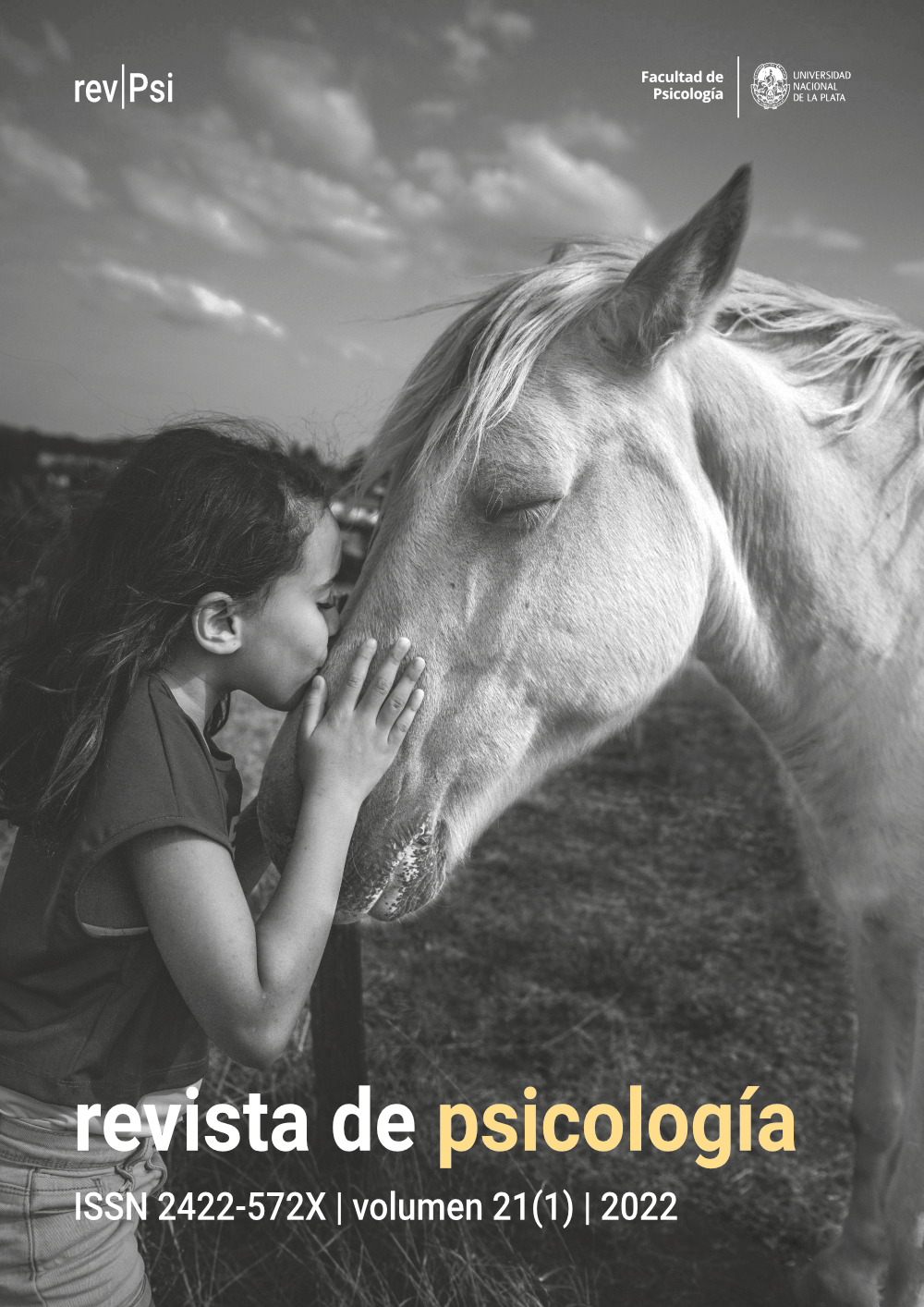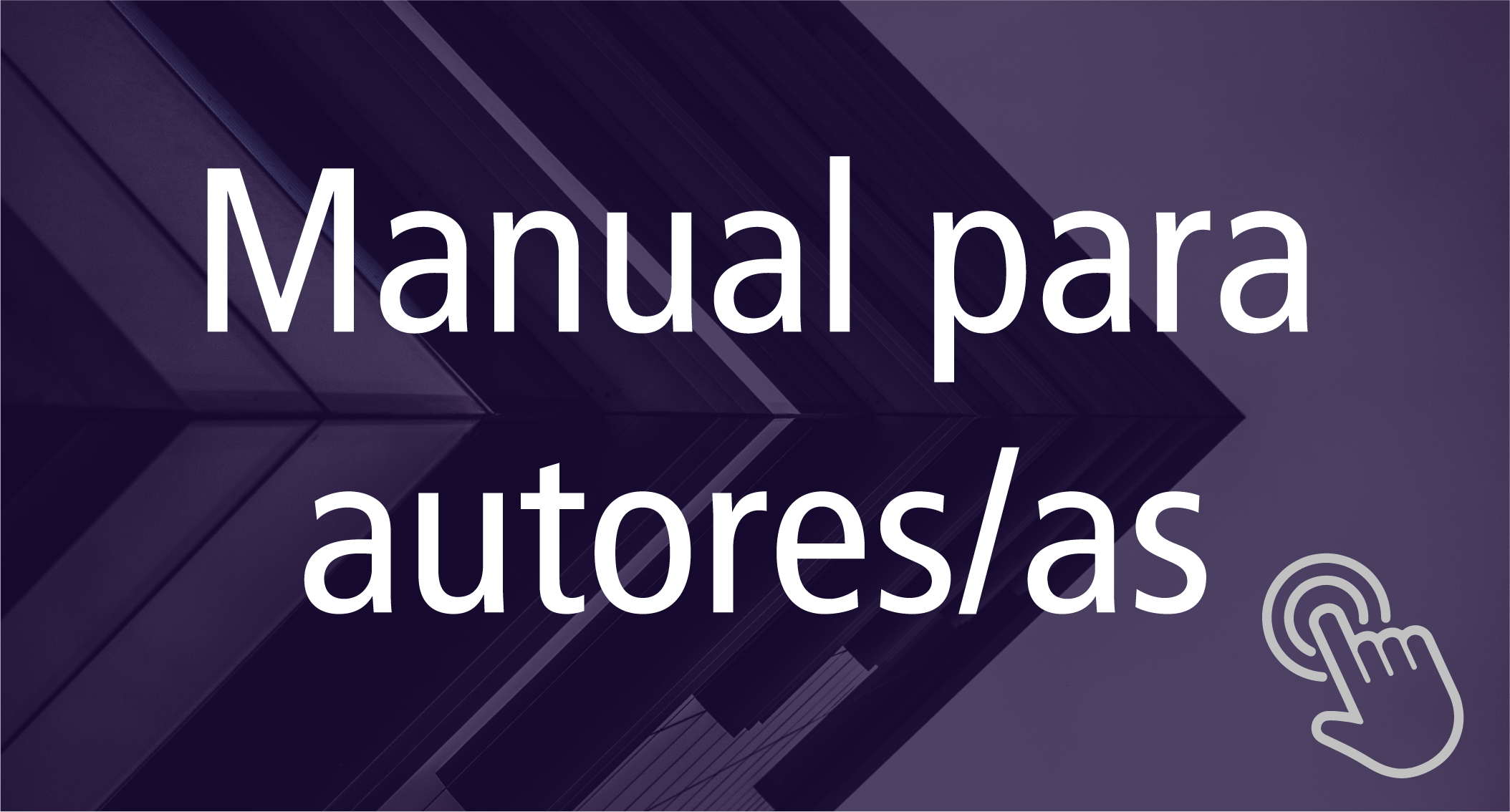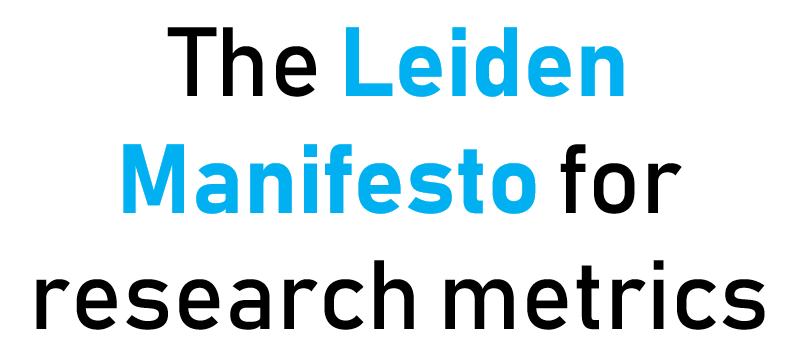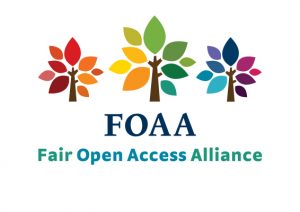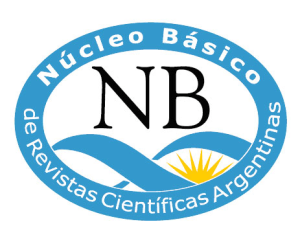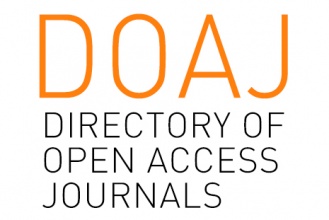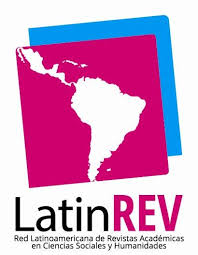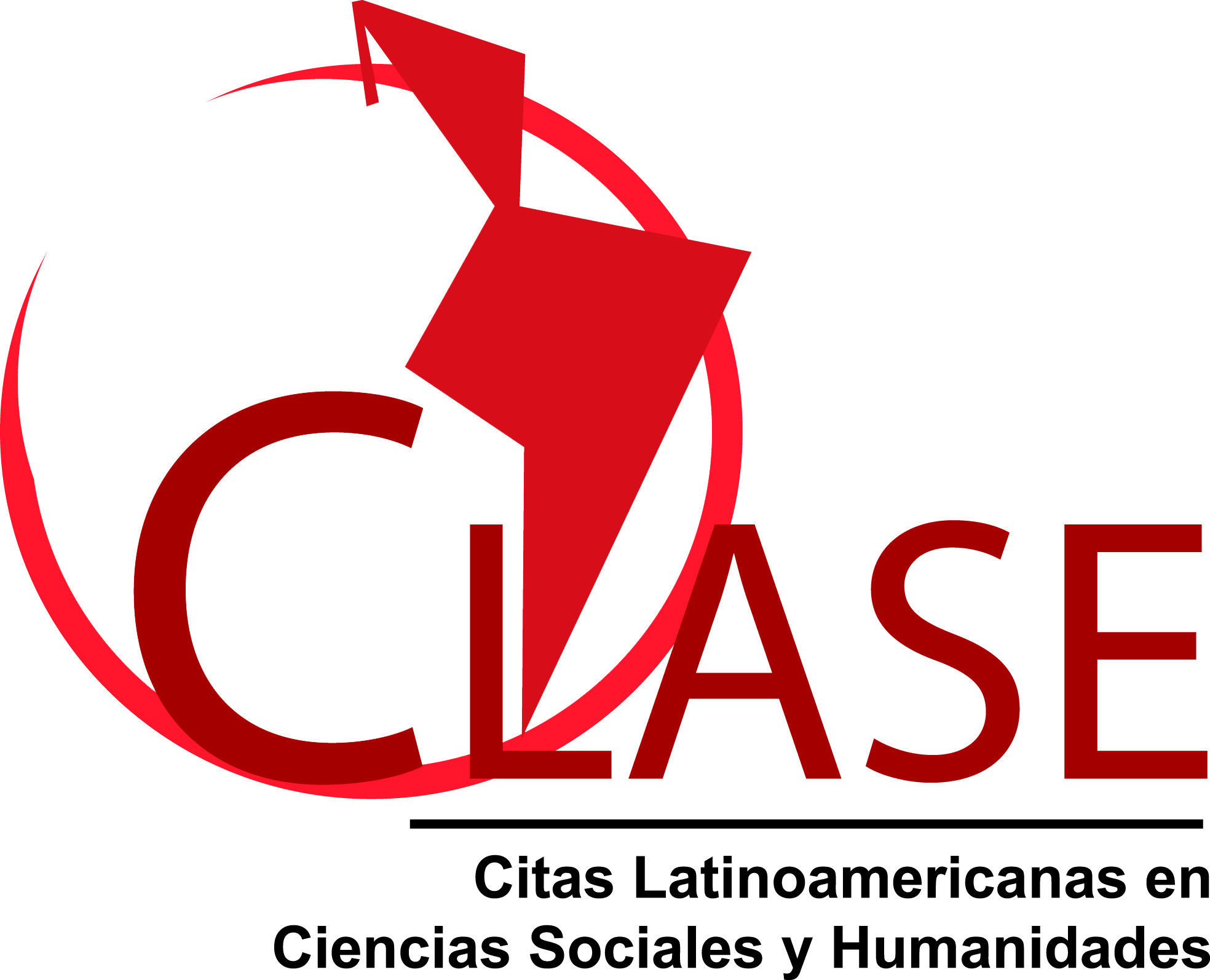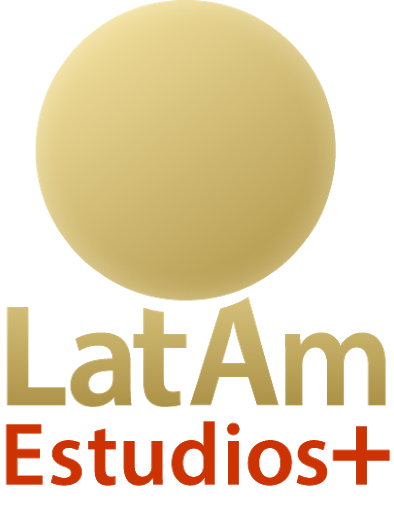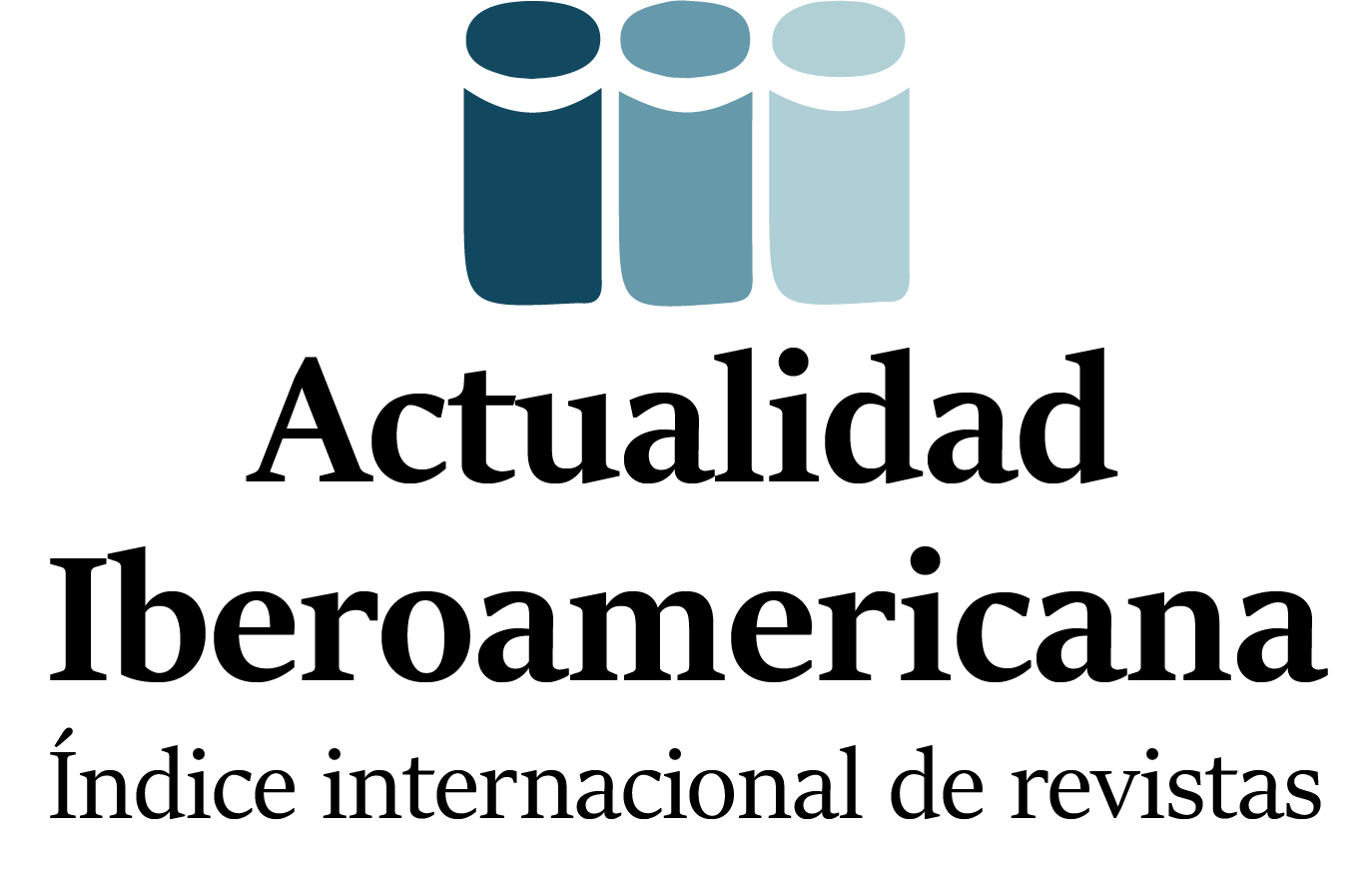Tenencia de animales de compañía durante la pandemia de la COVID-19 en La Habana, Cuba
DOI:
https://doi.org/10.24215/2422572Xe105Palabras clave:
animales de compañía, satisfacción personal, salud psicoafectiva, COVID-19, CubaResumen
Durante la pandemia de COVID-19 las personas son propensas a sufrir trastornos físicos y psicoafectivos. Los animales de compañía (AC) pueden ejercer efectos beneficiosos en este tiempo. Con el objetivo de explorar la percepción que tienen los responsables de AC durante la pandemia sobre su satisfacción personal y salud psicoafectiva, en comparación con quienes no tienen AC, la opinión sobre los instrumentos y el tema de investigación, se realizó un estudio en La Habana con 187 personas de 20 años o más, de ambos sexos, 106 con AC (grupo TAC) y 81 sin AC (grupo NTAC). El 95.29 % mostró satisfacción al compartir sus vidas con AC. El 93.39 % reveló que estos mejoraban su estado psicológico y emocional. Las opiniones sobre el cuestionario y el tema de investigación fueron favorables. Las personas encuestadas percibieron que la tenencia de AC les aportó beneficios durante la COVID-19.
Referencias
Bzdok, D. y Dunbar, R. I. M. (2020). The neurobiology of social distance. Trends in Cognitive Sciences, 24(9), 717-733. https://doi.org/10.1016/j.tics.2020.05.016
Centros para el Control y la Prevención de Enfermedades [CDC]. (2020). Síntomas de la enfermedad del coronavirus. Consultado el 18/6/2020. https://espanol.cdc.gov/coronavirus/2019-ncov/symptoms-testing/symptoms.html
Correa, J. E., Davis, M., Ruffin, W., Ebert, R. y Floyd, J.G. (2016). La compañía del perro y sus beneficios para el ser humano. Alabama A&M and Auburn Universities.
Díaz Videla, M. (2015). El miembro no humano de la familia: las mascotas a través del ciclo vital familiar. Revista Ciencia Animal, 9, 83-98.
Díaz Videla, M. (2019). El valor de la vida de los animales de compañía: El vínculo humano-animal, más allá del especismo y de consideraciones económicas. Revista Latinoamericana de Estudios Críticos Animales, VI(I), 244-276.
Díaz Videla, M. y Olarte, M. A. (2016). Animales de compañía, personalidad humana y los beneficios percibidos por los custodios. PSIENCIA. Revista Latinoamericana de Ciencia Psicológica, 8. http://dx.doi.org/10.5872/psiencia.v8i2.201
Díaz Videla, M. y Olarte, M. A. (comps.). (2018). Antrozoología. Multidisciplinario campo de investigación. Akadia.
Hugues, B., Álvarez, A., Castelo, L., Ledón, L., Mendoza, M. y Domínguez, E. (2014). Percepción de los beneficios de la tenencia de animales de compañía en tres grupos poblacionales de La Habana, Cuba. Revista de Investigaciones Veterinarias del Perú, 25(3), 355-365. http://dx.doi.org/10.15381/rivep.v25i3.10115
Hugues, B., Álvarez, A., Castelo, L., Ledón, L., Mendoza, M., Domínguez, E. y Hernández, J. (2018). Animales de compañía. Su contribución a la realización de actividades físicas y recreativas. Revista Cubana de Ciencias Veterinarias, 35(1), 5-9.
Hugues, B., Ledón, L., Mendoza, M., Álvarez, A. y Domínguez, E. (2019). Tenencia de animales de compañía. Sus beneficios para la salud de los seres humanos. Consejo Científico Veterinario de Cuba.
Hugues, B. y Torres, M. (2014). Datos demográficos de animales de compañía atendidos en consulta de oftalmología y de las personas a su cargo. Revista de Investigaciones Veterinarias del Perú, 25(3), 374-380. http://dx.doi.org/10.15381/rivep.v25i3.10111
Portuondo Guerra, Z. (2016). El perro. Naturaleza y cultura. Editorial Científico-Técnica.
Portuondo Guerra, Z. (2/4/2020). Los animales de compañía, una medicina natural a nuestro alcance. https.//ceda-cuba.medium.com/los-animales-de-compañía-una-medicina-natural-a-nuestro-alcance-15cf560d26d9
Ribot Reyes, V., Chang Paredes, N. y González Castillo, A. L. (2020). Efectos de la COVID-19 en la salud mental de la población. Revista Habanera de Ciencias Médicas, 19(Supl.).
Roche, B., Garchitorena, A., Guégan, J- F., Arnal, A., Roiz, D., Morand, S., Zambrana-Torrelio, C., Suzán, G. y Daszak, P. (2020). Was the COVID-19 pandemic avoidable? A call for a “solution oriented” approach in pathogen evolutionary ecology to prevent future outbreaks. Ecology Letters, 23(11), 1557-1560. https://doi.org/10.1111/ele.13586
Rodríguez, M. y Muñoz, R. (2015). Influencia de tener perros sobre la salud percibida en personas mayores de Jaén (España). Revista Colombiana de Enfermería, 11(10), 29-33.
Serra Valdés, M. A. (2020). Infección respiratoria aguda por COVID-19: una amenaza evidente. Revista Habanera de Ciencias Médicas, 19(1).
Silas, H. J., Binfet, J-T. y Ford, A. T. (2019). Therapeutic for all? Observational assessments of therapy canine stress in an on-campus stress-reduction program. Journal of Veterinary Behavior, 32, 6-13. https://doi.org/10.1016/j.jveb.2019.03.009
World Organization for Animal Health [OIE]. (3/7/2020). Consideraciones para el muestreo, las pruebas y la notificación de SARS-CoV-2 en animales (versión 1.1). https://www.oie.int/fileadmin/Home/MM/E_Sampling_Testing_and_Reporting_of_SARS-CoV-2_in_animals_final_7May_2020.pdf
World Organisation for Animal Health [OIE] y World Veterinary Association [AMV]. (18/3/2020). COVID-19 y las actividades veterinarias designadas como esenciales (declaración conjunta). https://www.oie.int/es/para-los-periodistas/comunicados-de-prensa/detalle/article/covid-19-and-veterinary-activities-designated-as-essential/
Descargas
Publicado
Número
Sección
Licencia
Derechos de autor 2022 Beatriz Hugues Hernandorena, Loraine Ledón Llanes, Madelín Mendoza Trujillo, Miguel Antolín Torres López, C. Vicente Berovides Álvarez

Esta obra está bajo una licencia internacional Creative Commons Atribución 4.0.
![]()
Los autores/as que publiquen en esta revista aceptan las siguientes condiciones:
- Los autores/as conservan los derechos de autor y ceden a la revista el derecho de la primera publicación, con el trabajo registrado con la licencia de atribución de Creative Commons, que permite a terceros utilizar lo publicado siempre que mencionen la autoría del trabajo y a la primera publicación en esta revista.
- Los autores/as pueden realizar otros acuerdos contractuales independientes y adicionales para la distribución no exclusiva de la versión del artículo publicado en esta revista (p. ej., incluirlo en un repositorio institucional o publicarlo en un libro) siempre que indiquen claramente que el trabajo se publicó por primera vez en esta revista.
- Se permite y recomienda a los autores/as a publicar su trabajo en Internet (por ejemplo en páginas institucionales o personales) antes y durante el proceso de revisión y publicación, ya que puede conducir a intercambios productivos y a una mayor y más rápida difusión del trabajo publicado (veaThe Effect of Open Access).

